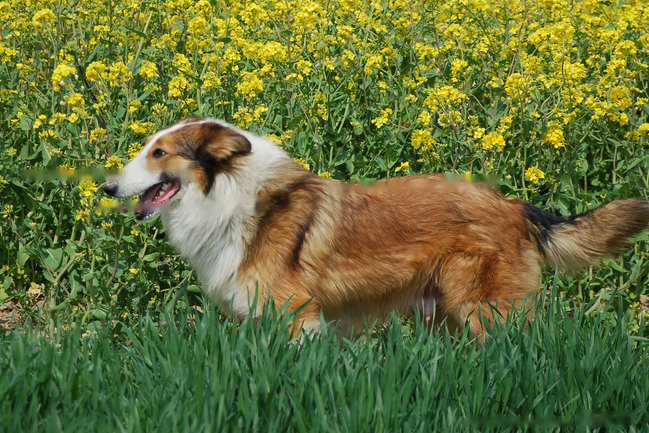Among the various factors that affect dog training, the owner has the greatest influence on training. In the daily life and feeding management of dogs, they live with their owners at all times and have the most contact opportunities, which increases the dog's attachment to the owner and is largely dominated by the owner. The owner's appearance (facial expressions, thoughts and emotions, etc.), actions, sounds, smells, etc. can become various stimuli for the dog, and can form various conditioned reflexes. If handled improperly, it can directly affect the training effect.

First, too high demands are placed on the dog, which often results in setbacks in training and even damage to the dog. If the dog does something wrong unintentionally, use a threatening tone to make the dog come to him and beat him with a rope as punishment. In this way, when the dog hears the come password in the future, not only will it not come, but it will run away.
Second, mix up training passwords with dog-talking statements. In this way, on the one hand, it makes it difficult for the dog to form a conditioned reflex for the password; on the other hand, unnecessary language becomes a new stimulus for the dog, causing the dog to seek reflex; it affects the dog to perform the normal steps of training according to the password. Therefore, training must be carried out in a quiet venue.
Thirdly, the principle of doing measures according to the dog's conditions and treating them separately cannot be implemented in training, but the same method and the same conditions are used for training, which can only make the dog perform a very simple signal on the signal. implement.
Fourth, overrun training. The so-called over-limit training refers to making the dog repeat the same action or the same subject for an excessively long time. In this way, the dog's nervous system may be overly fatigued, which not only fails to shorten the training process, but delays the training time, and even causes the dog to be eliminated. It often occurs when other dog training subjects are progressing more rapidly, while your own dog is progressing more slowly. Mostly due to being too hasty.
Fifth, inappropriate rewards. Rewards, petting or good passwords can reward and reinforce dog training, but unscientific use of rewards can cause the opposite effect, blurring the boundaries between right and wrong. Therefore, the reward must have a clear purpose and pertinence.
![[Dog Training 5] The training method of pet dog dining etiquette](/static/img/12192/12192_1.jpg)




